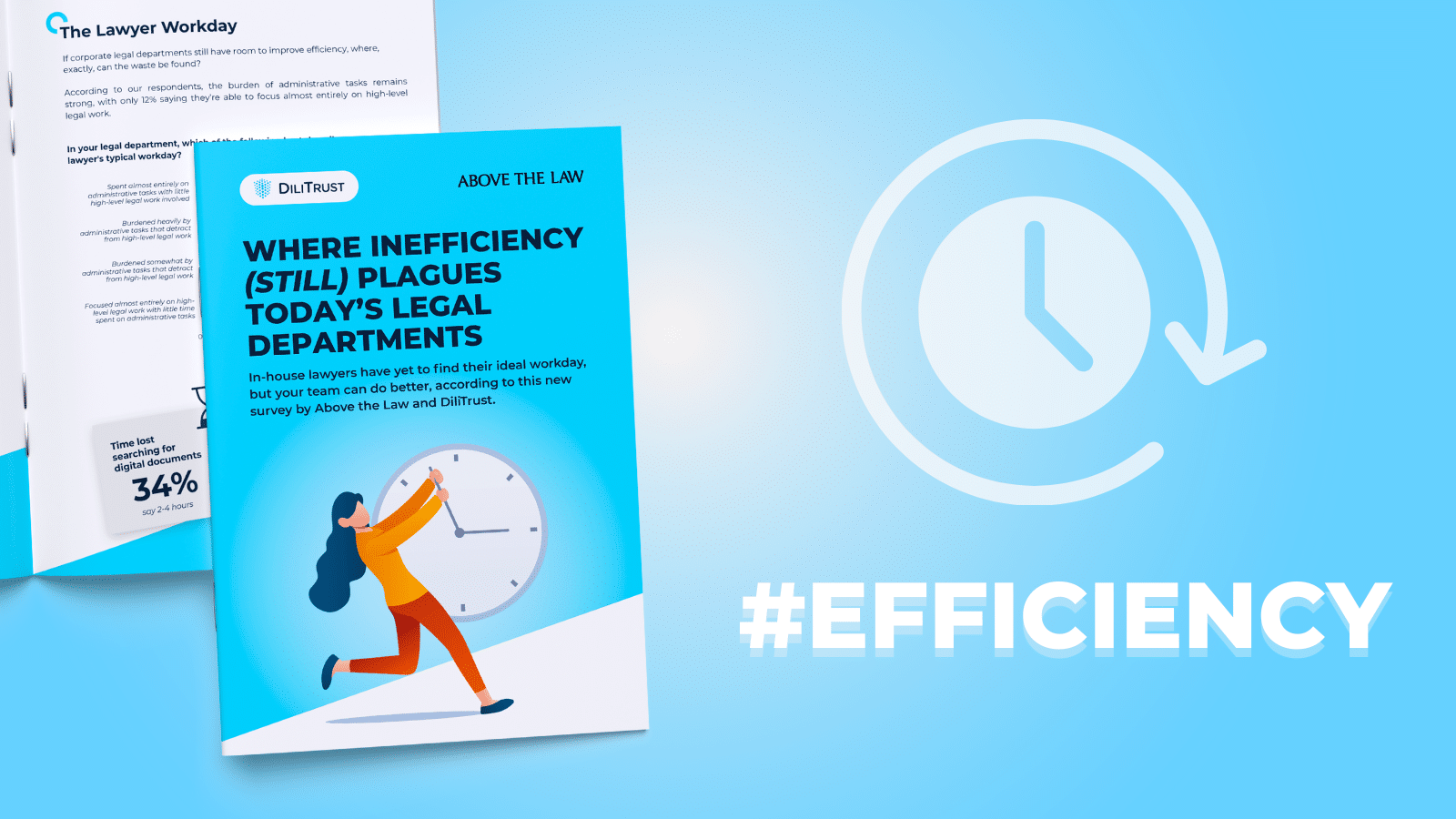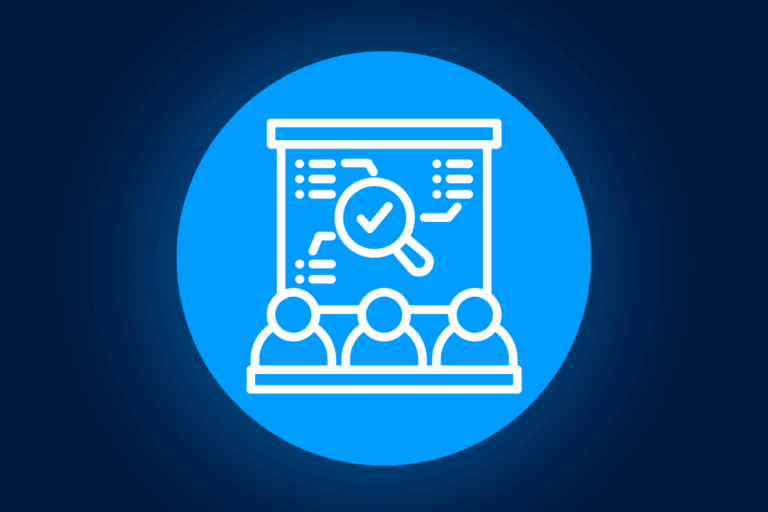AI is revolutionizing the legal sector in 2025, transforming law firm and corporate legal department operations. By automating tasks like document review, legal research, and due diligence, AI boosts efficiency, accuracy, and client service. Predictive analytics and advanced research tools help attorneys make data-driven decisions, while real-world case studies show significant time and risk management improvements. However, challenges remain around data security, ethics, and the need for human oversight. As AI adoption grows, legal professionals must balance innovation with professional judgment and compliance to fully realize AI’s potential in law.
The legal sector is experiencing a significant transformation as artificial intelligence reshapes traditional practices and workflows. For legal departments and law firms, AI technologies offer unprecedented opportunities to enhance efficiency, accuracy, and client service. This evolution is not merely about adopting new tools but represents a fundamental shift in how legal professionals approach their work.
The Rising Importance of AI in Legal Services
Artificial intelligence has moved beyond theoretical applications to become an integral part of modern legal operations. An increasing number of law firms now use AI technologies in their daily activities, reflecting the profession’s growing recognition of the value these tools provide.
The integration of AI into legal practices addresses longstanding challenges within the profession, including time-intensive document review, complex research requirements, and the need for accurate predictions in litigation. For corporate legal departments, these technologies offer strategic advantages in managing increasing workloads without expanding headcount.
How AI is Currently Transforming Legal Work
AI technologies are reshaping multiple aspects of legal practice, creating opportunities for improved service delivery and operational efficiency.
Document Review and Contract Analysis
AI systems excel at analyzing contracts and legal documents, identifying key clauses, obligations, and potential risks. These tools can review hundreds of documents in hours rather than the days or weeks required for manual review. The technology identifies patterns and anomalies across contract portfolios, enabling better risk management and compliance monitoring.
Enhanced Legal Research Capabilities
Legal research platforms powered by AI analyze thousands of cases, statutes, and regulations to identify relevant precedents and legal arguments. Unlike traditional keyword searches, these systems understand context and legal concepts, delivering more precise results. This capability allows attorneys to develop stronger arguments and provide clients with better insights into their legal positions.
Predictive Analytics for Litigation
AI analytics tools examine historical case data to predict litigation outcomes, helping attorneys develop more effective strategies. These systems analyze factors such as judge tendencies, opposing counsel tactics, and jurisdiction-specific patterns. The resulting insights support better decision-making about settlement offers, litigation approaches, and resource allocation.
Due Diligence Automation
In corporate transactions, AI streamlines due diligence by automatically identifying potential issues in contracts, financial records, and compliance documentation. This automation reduces the time required for review while increasing thoroughness. Legal teams can focus their attention on addressing identified issues rather than spending hours searching for them.
Key Benefits of AI for Legal Professionals
The adoption of AI technologies delivers several tangible benefits for legal practices and departments.
Increased Accuracy and Consistency
AI tools maintain consistent analysis standards across large document sets, reducing the risk of human error or oversight. This consistency is particularly valuable in regulatory compliance matters where missing a single clause or requirement could have significant consequences.
Enhanced Client Service
By streamlining routine tasks, legal professionals can respond to client needs more quickly and provide more comprehensive advice. AI-powered analytics also enable attorneys to offer data-driven insights that strengthen client relationships and demonstrate added value.
Challenges and Limitations of AI in Legal Applications
Despite its benefits, implementing AI in legal settings presents several challenges that must be addressed.
Data Privacy and Security Concerns
Law firms and legal departments handle sensitive client information, making data security paramount when implementing AI systems. Concerns about data access, storage, and processing require careful consideration of security protocols and compliance with regulations like GDPR.
Ethical Considerations
AI systems trained on historical legal data might perpetuate existing biases within the legal system. Additionally, questions remain about responsibility and accountability when AI tools contribute to legal decision-making. Professional ethics rules continue to evolve to address these new realities.
The Need for Human Oversight
While AI excels at pattern recognition and data analysis, it cannot replace human judgment in legal matters. Successful implementation requires clear boundaries between automated processes and those requiring attorney review. This balance ensures technology enhances rather than diminishes professional judgment.
Future Trends: What’s Next for AI in the Legal Sector
The evolution of AI in legal practice continues to accelerate, with several emerging trends shaping the future landscape.
Advanced Document Generation
Next-generation AI systems will move beyond document analysis to assist with drafting complex legal documents based on specific parameters and requirements. These tools will suggest language, identify potential issues, and ensure compliance with changing regulations.
Integrated Workflow Systems
Future legal AI will integrate across the entire matter lifecycle, from intake through resolution. These comprehensive systems will connect previously siloed tools, creating seamless workflows that enhance productivity and information sharing.
Regulatory Evolution
As AI becomes more prevalent in legal practice, bar associations and regulatory bodies are developing standards for its appropriate use. These frameworks will address ethics, competence requirements, and supervision responsibilities for attorneys using AI tools.
How to Implement AI in Your Legal Practice
Organizations seeking to leverage AI technologies should follow a structured approach to implementation.
Assessment and Strategic Planning
Begin by identifying specific pain points and processes that would benefit most from automation or AI enhancement. Prioritize areas where technology can deliver immediate efficiency gains while building internal support for broader adoption.
Selecting Appropriate Solutions
Evaluate AI tools based on their alignment with your specific needs, integration capabilities with existing systems, and security features. Consider solutions designed specifically for legal applications rather than general-purpose AI platforms.
Training and Change Management
Successful implementation requires attorney and staff training on both technical aspects and appropriate use cases. Develop clear protocols for when AI tools should be used and when matters require traditional approaches.
The AI-Powered Future of Law: Strategic Considerations
The integration of AI into legal practice represents both opportunity and responsibility for legal professionals. As these technologies continue to evolve, they will reshape client expectations, competitive dynamics, and professional skill requirements.
For forward-thinking organizations, AI offers a path to enhanced service delivery, improved work quality, and better resource allocation. The key to success lies not merely in adopting new technologies but in thoughtfully integrating them into practice while maintaining the professional judgment and ethical standards that define the legal profession.
By embracing these innovations while addressing their limitations, legal professionals can harness AI’s potential to transform their practice while continuing to deliver the trusted counsel clients expect.



